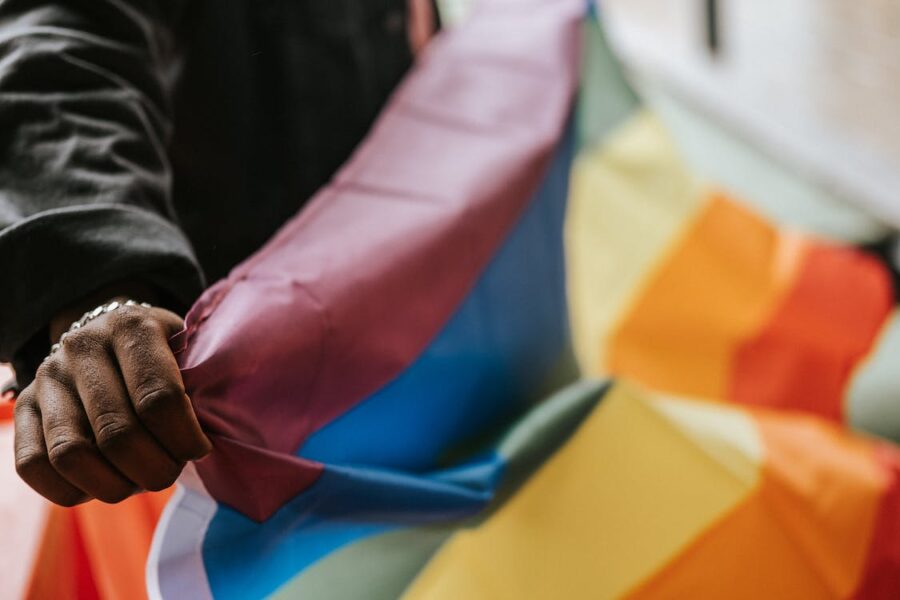


During a general debate at the UN Human Rights Council today, O’Casey delivered a statement which condemned the bill as going completely counter to human rights standards and denying the human rights of LGBTI+ people living in Uganda “in the most egregious of ways.”
The 2023 Anti-Homosexuality Bill, passed by the Ugandan Parliament on 21 March entrenches the already existent criminalization of same-sex relations, including punishment of life imprisonment for same-sex conduct, and increases to 10 years the prison sentence for any attempt at same-sex conduct. The bill also creates new offenses curtailing any activism around LGBTI+ issues, and notably, it calls for the death penalty in certain circumstances – this includes for anyone having found to have had same-sex relations with a person with a disability (in a move which completely undermines the right of autonomy for persons with disability and denial of their capacity to consent to sex). The bill is now with President Museveni to decide upon.
Along with condemning the legislation itself, in her statement O’Casey highlighted and denounced the hateful discourse and narratives used by defenders of the bill. She said:
“Arguments defending the legislation have promoted a hateful conflation of LGBTI+ equality and threats to family and children; and have weaponized contrived notions of cultural and traditional values – values certainly not shared by our Ugandan members.”
After the statement was delivered, a representative of Uganda to the UN made a statement in reply. The Ugandan statement made the same sort of deeply offensive links between LGBTI+ people and harm to children as those that O’Casey had called out in her statement. Uganda also justified the legislation as a democratically made move – a common refrain on this issue at the Human Rights Council.
The representative of Uganda said:
Uganda making their statement at the UN Human Rights Council
“This bill was proposed by a private member of parliament and the bill was passed after a public outcry across all sections, including the community and the school. The issues of homosexuality and its impact on the community, especially on children in schools should not be overlooked in the name of prioritizing one group over the other.
“My Government and my country remain committed to the protection and promotion of the human rights of all persons, within our boundaries and mainly our people, the Ugandans.
“The children who are innocent should be and will indeed be protected by my government and we will do everything within our boundaries and in accordance with our sovereignty to protect all rights.”
The statement by O’Casey had also pointed out that these same narratives have been pushed in Kenya and Ghana recently.
In Kenya, where colonial-era laws criminalize homosexual acts with punishments of up to 14-years in prison, there was an avalanche of vitriol against LGBTI+ people this month, from those claiming that LGBTI+ equality goes against traditional and religious values. The backlash came after a court ruling that determined that LGBTI+ people have the right to freedom of association. The President himself is reported to have said, “our culture, our traditions, our Christianity, our Islamic will not allow a woman to marry her fellow woman or a man to marry a man,” whilst the First Lady declared national prayers against homosexuality in the country, declaring the practice as a threat to the institution of the family. One prominent religious leader said that ruling could embolden other illegal practitioners like paedophiles, those involved in incest, and criminals to also have the right of association.
Meanwhile in Ghana the Parliament is still looking at an extreme anti-LGBTI+ bill, which would fully criminalize LGBTI+ people, along with advocacy groups and anyone who comes out in support of them. Tellingly, the original name of that bill was the “Promotion of Proper Human Sexual Rights and Ghanaian Family Values Bill” (it is now “The Ghanaian anti-LGBT bill”). Humanists International condemned this at the UN on a previous occasion.